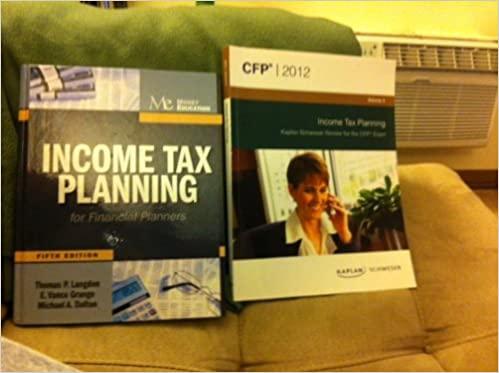Answered step by step
Verified Expert Solution
Question
1 Approved Answer
Port Ormond Carpet Company manufactures carpets. Fiber is placed in process in the Spinning Department, where it is spun into yarn. The output of the
Port Ormond Carpet Company manufactures carpets. Fiber is placed in process in the Spinning Department, where it is spun into yarn. The output of the Spinning Department is transferred to the Tufting Department, where carpet backing is added at the beginning of the process and the process is completed. On January 1, Port Ormond Carpet Company had the following inventories:
| Finished Goods | $8,400 |
| Work in Process-Spinning Department | 1,600 |
| Work in Process-Tufting Department | 2,100 |
| Materials | 4,500 |
Departmental accounts are maintained for factory overhead, and both have zero balances on January 1. Manufacturing operations for January are summarized as follows:
| Jan. | 1 | Materials purchased on account, $84,300 |
| 2 | Materials requisitioned for use: | |
| Fiber-Spinning Department, $42,600 | ||
| Carpet backing-Tufting Department, $34,500 | ||
| Indirect materials-Spinning Department, $4,000 | ||
| Indirect materials-Tufting Department, $2,500 | ||
| 31 | Labor used: | |
| Direct labor-Spinning Department, $27,200 | ||
| Direct labor-Tufting Department, $18,600 | ||
| Indirect labor-Spinning Department, $12,200 | ||
| Indirect labor-Tufting Department, $11,800 | ||
| 31 | Depreciation charged on fixed assets: | |
| Spinning Department, $5,300 | ||
| Tufting Department, $3,300 | ||
| 31 | Expired prepaid factory insurance: | |
| Spinning Department, $1,200 | ||
| Tufting Department, $1,000 | ||
| 31 | Applied factory overhead: | |
| Spinning Department, $23,100 | ||
| Tufting Department, $18,150 | ||
| 31 | Production costs transferred from Spinning Department to Tufting Department, $86,000 | |
| 31 | Production costs transferred from Tufting Department to Finished Goods, $150,000 | |
| 31 | Cost of goods sold during the period, $154,500 |
| Required: | |
| 1. | Journalize the entries to record the operations, using the dates provided with the summary of manufacturing operations. Refer to the chart of accounts for the exact wording of the account titles. CNOW journals do not use lines for spaces or journal explanations. Every line on a journal page is used for debit or credit entries. Do not add explanations or skip a line between journal entries. CNOW journals will automatically indent a credit entry when a credit amount is entered. |
| 2. | Compute the January 31 balances of the inventory accounts.* |
| 3. | Compute the January 31 balances of the factory overhead accounts.* |
| *Enter your amounts in positive value. |
Step by Step Solution
There are 3 Steps involved in it
Step: 1

Get Instant Access to Expert-Tailored Solutions
See step-by-step solutions with expert insights and AI powered tools for academic success
Step: 2

Step: 3

Ace Your Homework with AI
Get the answers you need in no time with our AI-driven, step-by-step assistance
Get Started


